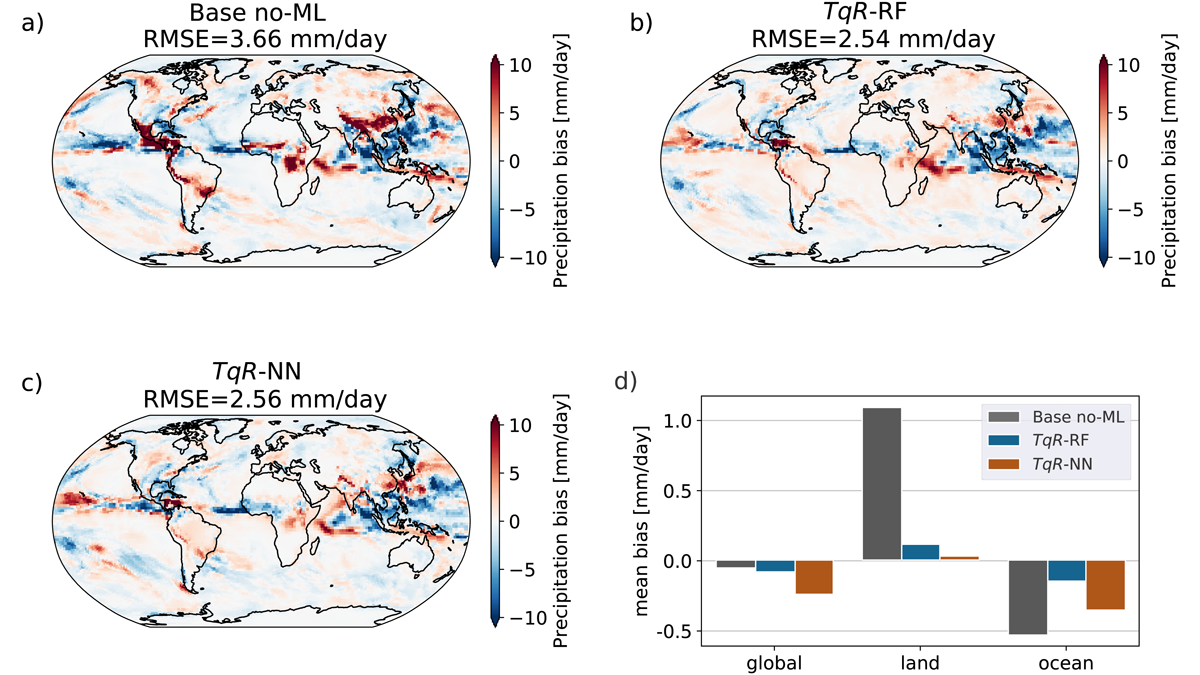A new study finds that past computer simulations of climate change have been quite accurate. Credit: Associated Press
Computer models used to simulate the effects of heat-trapping gases on global temperatures have been quite accurate in their predictions, according to a new study.
After years of hearing reviewers criticize the models’ accuracy, climatologist Zeke Hausfather decided to see how good they were. He traced 17 models used between 1970 and 2007 and found that the majority predicted results “indistinguishable from what actually happened”.
“Overall, our models performed well, more or less somewhat,” said Hausfather, a UC Berkeley scientist who is director of climate and energy at the Breakthrough Institute. “If they’re wrong, it’s a little hot, but I wouldn’t read into that too much.”
Ten of the 17 were close to temperatures that actually occurred, said Hausfather, lead author of a study in Wednesday’s paper. Geophysical Research Letters.
But scientists have actually understood much more about physics than that, Hausfather said.
Climate models are based on two main assumptions. One is the physics of the atmosphere and its reaction to heat-trapping gases. The other is the amount of greenhouse gases released into the air.
On a few occasions, scientists have been wrong in their predictions about the growth of carbon pollution, saying there will be more gas than there really is, Hausfather said. If they were wrong about the amount of heat-trapping gas, they were wrong about the temperatures.
So Hausfather and his colleagues, including NASA climatologist Gavin Schmidt, looked at the models’ performance on pure science alone, removing the emission factor. On this count, 14 of the 17 computer models accurately predicted the future.
The scientists also assigned each computer simulation a “skill score” which essentially gave each a percentage grade. The average mark was 69%.
One of the first computer models, manufactured in 1970, obtained 91%. What’s so impressive about this is that back then, climate change wasn’t noticeable in annual temperature records like it is now, Hausfather said.
Stanford University climatologist Noah Diffenbaugh, who was not part of the study, called the work creative and the results striking.
“Even without knowing what the current level of greenhouse gas concentrations would be, climate models have predicted global temperature trends quite well,” Diffenbaugh said.
It is crucial that these models are accurate because “we have only one planet Earth, so we cannot carry out controlled experiments on the real climate system”, he added.
University of Illinois climatologist Donald Wuebbles, who was also not involved in the study, said “climate change deniers do a lot of strange things to distort models. None of these analyzes has been valid and should be ignored. We should no longer be debating the basic science of climate change.”
High heat but no record: 2018 was the 4th hottest year on Earth
Zeke Hausfather et al. Assess the performance of past climate model projections, Geophysical Research Letters (2019). DOI: 10.1029/2019GL085378
© 2019 The Associated Press. All rights reserved.
Quote: Climate models are often attacked, but most of the time they are remarkably good (2019, December 5) retrieved February 2, 2022 from https://phys.org/news/2019-12-climate-theyre-remarkably-good . html
This document is subject to copyright. Except for fair use for purposes of private study or research, no part may be reproduced without written permission. The content is provided for information only.




